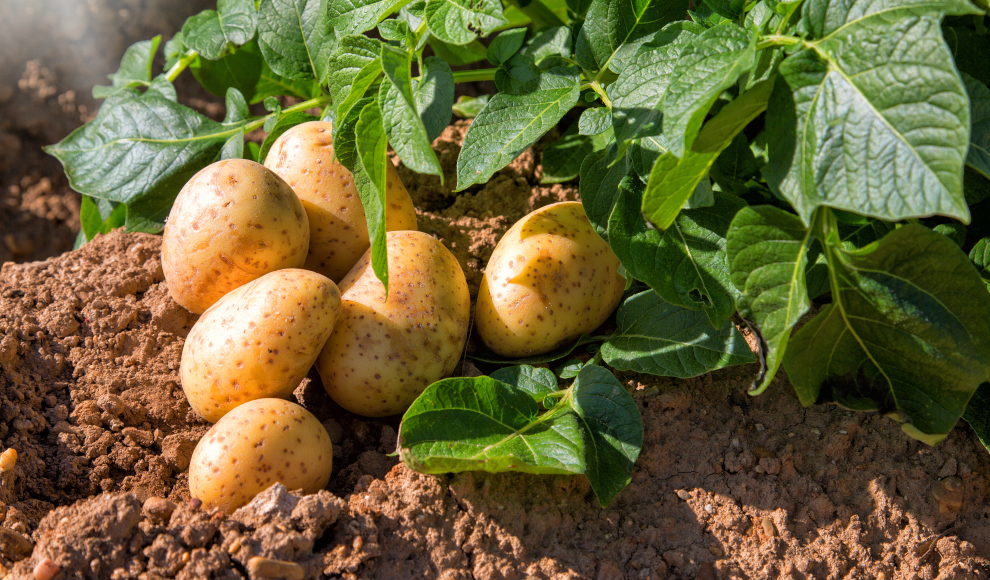The threat of climate change to agriculture is a growing concern in many regions. Researchers at McGill University have created a Super-Pangenome of the potato to aid in the development of a more nutrient-rich and resilient crop. The increasing scarcity of water is already affecting wheat crops, while the Azores high-pressure system is impacting wine and olive production on the Iberian Peninsula. To combat the looming food shortage, Professor Strömvik and his team have investigated how to make potatoes more resistant to climate change and disease. They have created a genetic Super-Pangenome of various potato varieties, which sheds light on the genetic diversity of the potato and the potential genetic traits that could be incorporated into modern crops to improve them.
The Super-Pangenome of the potato is the most extensive collection of genome sequence data for the potato and its relatives to date. It represents 60 different species and provides insights into the evolution of this essential food crop, which ranks third in importance among the world’s major food plants after rice and wheat. The Super-Pangenome can be used to identify specific genes that could be used to breed a super potato, using both traditional breeding methods and genetic engineering. Scientists hope to develop a crop that can defend against various forms of disease and extreme weather conditions such as heavy rain, frost, or drought.
The creation of a Super-Pangenome of the potato is a significant step towards developing a more resilient and nutrient-rich crop. With the threat of climate change looming over agriculture, it is essential to find ways to adapt crops to changing conditions. The Super-Pangenome provides a valuable tool for researchers to identify the genetic traits that can help potatoes thrive in a changing climate. By using this information, scientists can develop crops that are more resistant to disease and extreme weather conditions, ensuring a more stable food supply for future generations.










